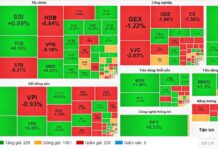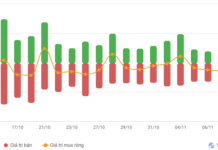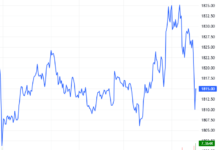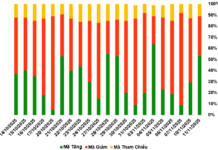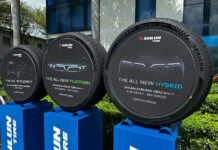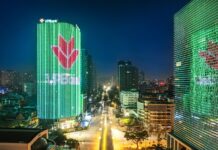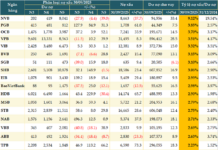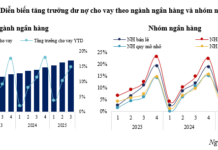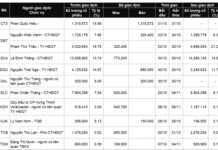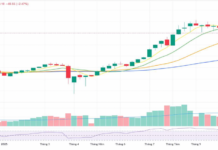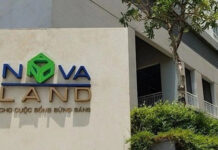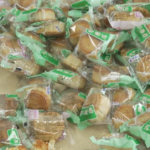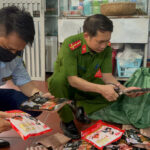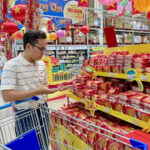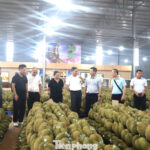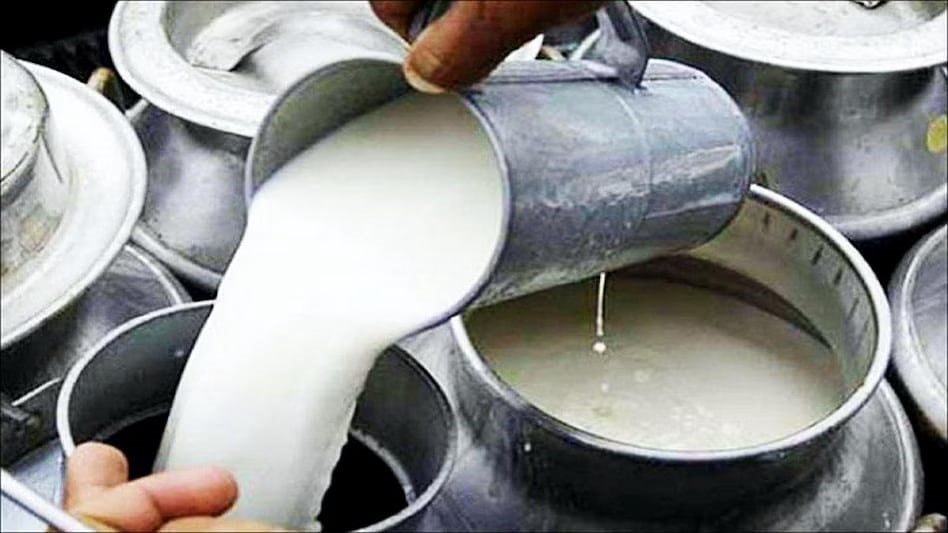
In late August 2025, the Dahisar Crime Unit 12, in collaboration with the Food and Drug Administration of India (FDA), dismantled a milk adulteration ring in Ghartanpada, Dahisar East, Mumbai. During the raid, authorities seized nearly 500 liters of diluted milk from renowned brands such as Amul Gold, Amul Taza, Gokul, and Nandini.
The suspect, Saidul Narsimha Kaveri, 38, was apprehended at the scene. At approximately 4 a.m., Kaveri was caught in the act of mixing unsanitary water into branded milk and repackaging it in counterfeit packaging that closely resembled the original.
According to police, Kaveri’s method was sophisticated. He would slit open genuine milk packets, pour the contents into large containers, and dilute it with contaminated water. He then used empty plastic pouches bearing the logos of reputable brands to repackage the adulterated milk, passing it off as authentic before distributing it to the market.
During the search, authorities confiscated 488 liters of adulterated milk valued at approximately 29,917 rupees (nearly $350), 1,350 empty packaging pouches, mixing equipment, and a mobile phone worth 10,000 rupees.
A case has been filed at the Dahisar Police Station under the Bharatiya Nyaya Sanhita (BNS) and the Food Safety and Standards Act of 2006, amended in 2011. Notably, Kaveri is a repeat offender; he was previously arrested in 2021 for similar charges under the Indian Penal Code and the Food Safety Act.
Authorities warn that this case poses a severe public health risk. Milk adulterated with contaminated water can harbor harmful bacteria and chemicals, leading to dangerous illnesses, particularly among children and the elderly.
All seized evidence, including the counterfeit milk, packaging materials, and mixing tools, has been handed over to the Dahisar Police for further investigation. Officials have pledged to intensify market surveillance in Mumbai and urge consumers to purchase dairy products only from trusted retailers to avoid counterfeit goods.
This crackdown underscores the persistent issue of food adulteration in India, which continues to pose significant risks to food safety. Mumbai Police have vowed to strengthen enforcement efforts to combat fraudulent practices and safeguard public health.
Seized in Hanoi: 1,500 “3-No” Mooncakes at Shockingly Low Prices (2,000 – 3,000 VND Each) – No Label, No Brand, No Expiry Date
Discover the hidden truth behind the Mid-Autumn mooncake market. Some vendors import mooncakes at a mere $0.08–$0.12 per unit, only to resell them for $0.25–$0.29 each. Instead of openly displaying these products, they cunningly mix mooncakes of unknown origin into batches accompanied by official invoices and documentation, creating a deceptive facade of legitimacy.
“Hanoi: Authorities Seize a Ton of Illegally-Sourced ‘Hanoi Grilled Sausage’”
The Hanoi Police, in collaboration with the Market Management Force, have seized a ton of unidentified sausages, a popular delicacy among street vendors. This worrying discovery highlights the ongoing issue of food safety and the importance of vigilant authorities in ensuring the health and well-being of the community.
The Mid-Autumn Festival Sprint
As the Mid-Autumn Festival draws near, the moon cake market in Ho Chi Minh City witnesses a bustling atmosphere with a plethora of brands, both traditional and novel, and products ranging from luxury to affordable flooding the market. However, amidst this vibrant scene, concerns linger regarding food safety, origin, and the challenge of distinguishing authentic products from inferior ones.

